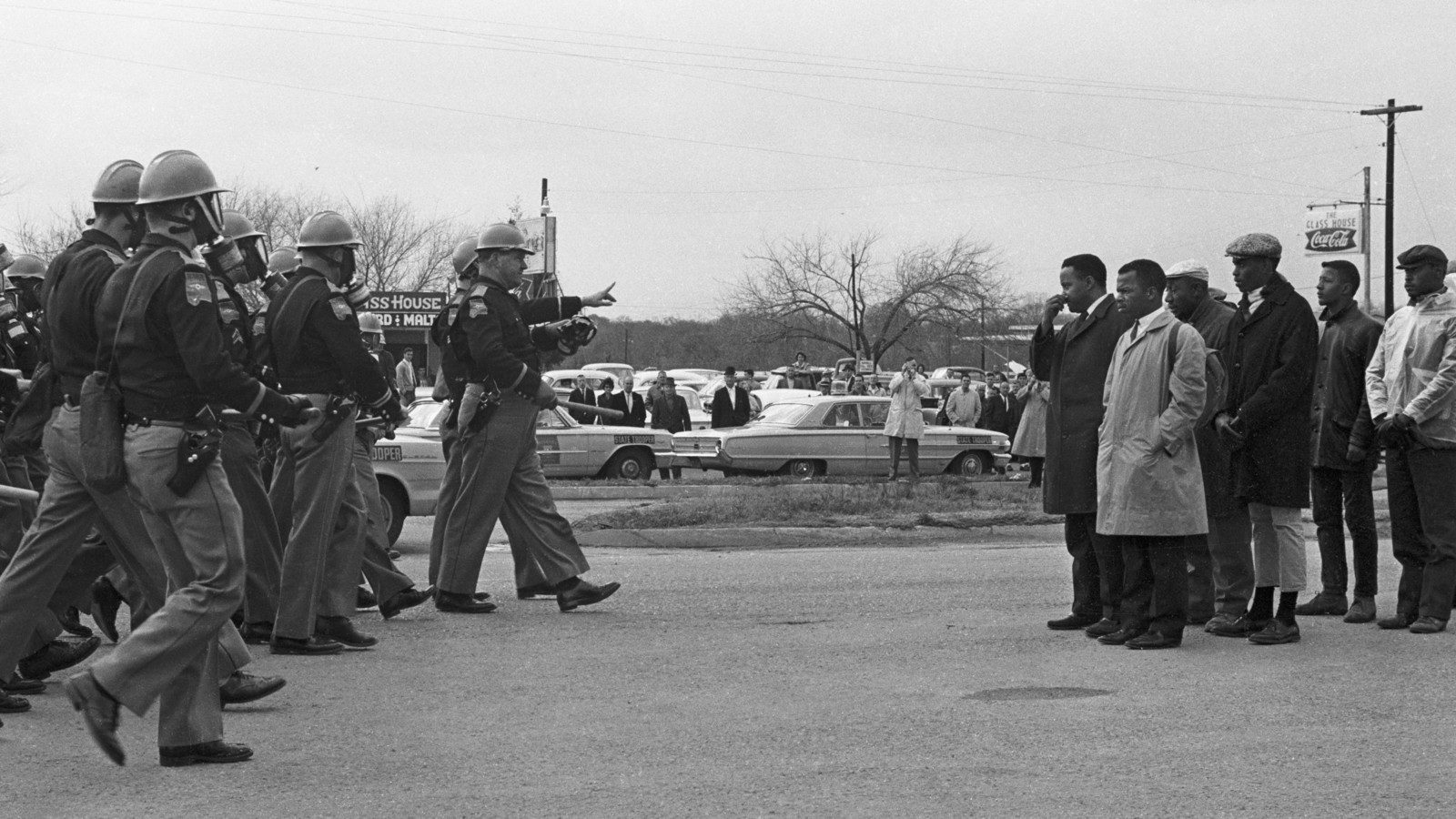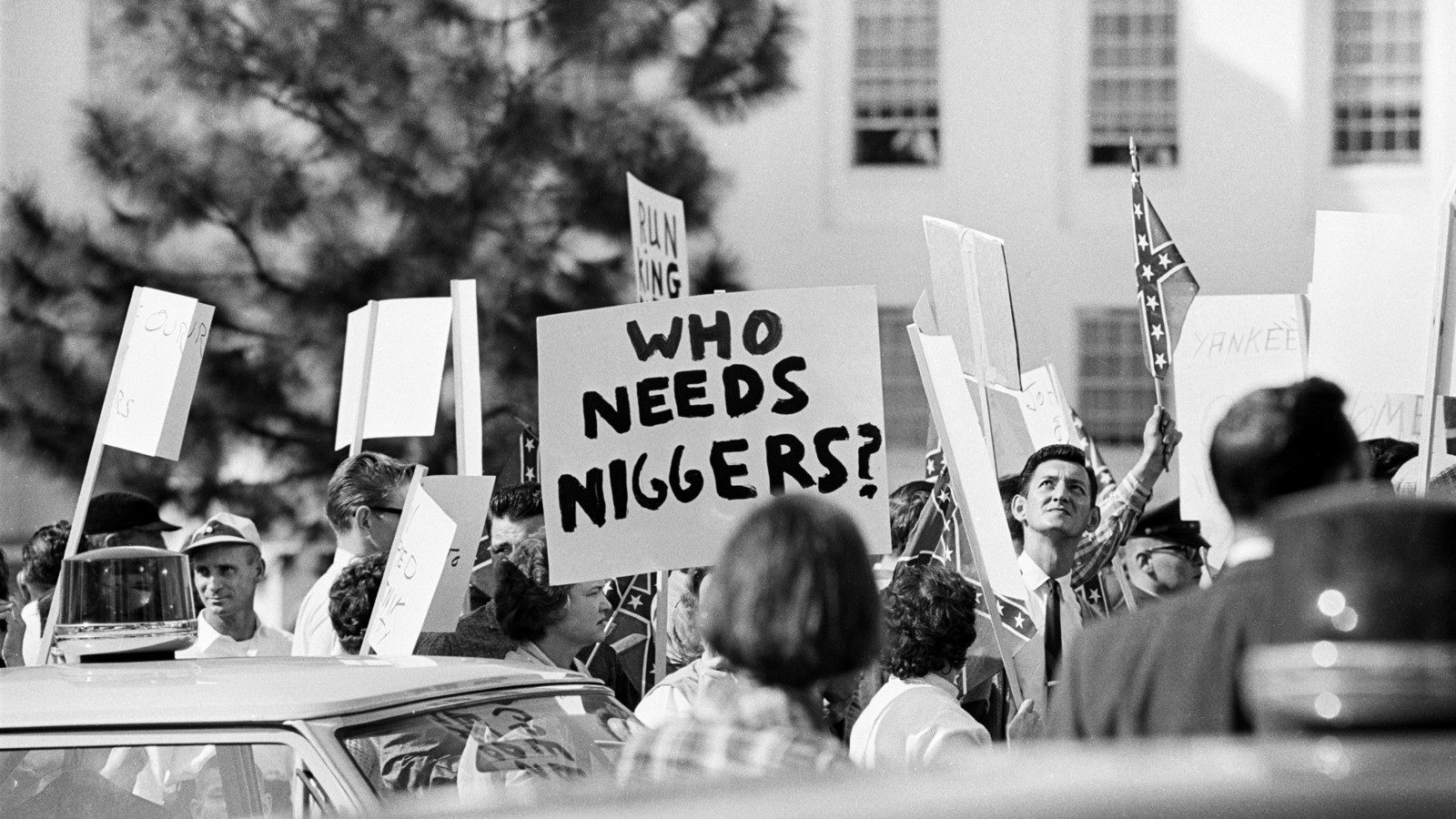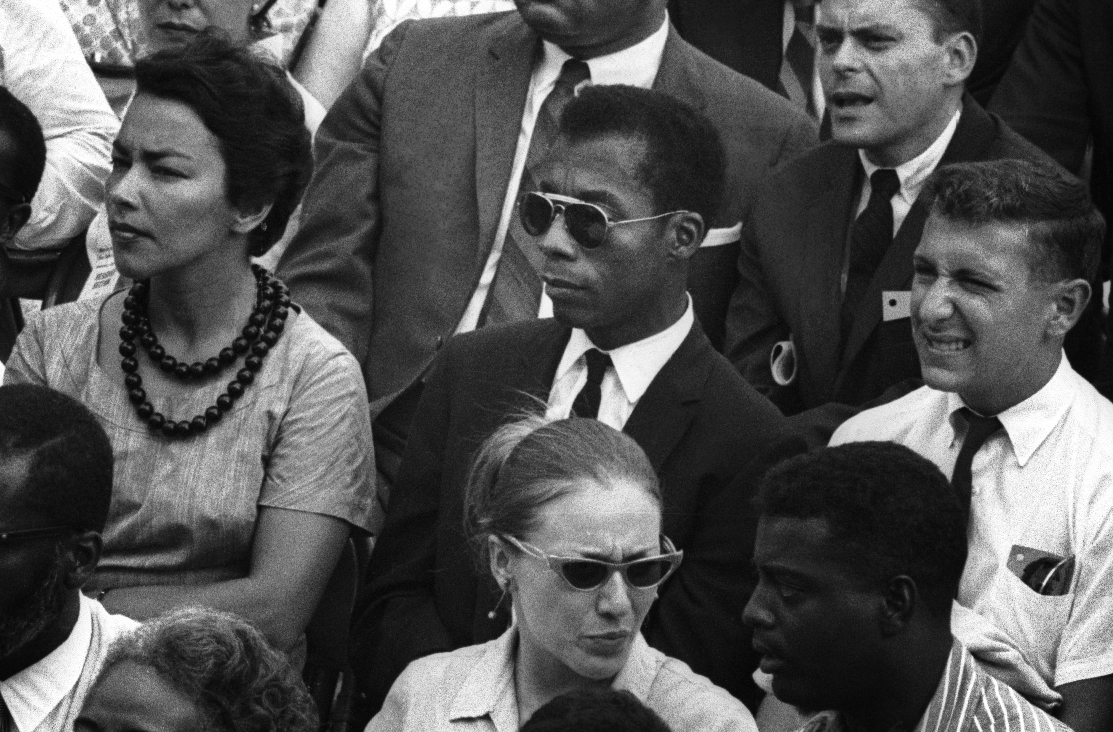I don’t want to startle any of my readers, but it turns out I’m a white guy. Watching I Am Not Your Negro, this couldn’t have been clearer.
Perhaps you may have gleaned this fact about me somehow — say, my weird focus on Nicolas Cage or the fact that I genuinely, almost angrily enjoy La La Land. Fair enough.
But if you had not, let’s take a moment to affirm the obvious: pretty fucking white, this guy.
The world of film and film criticism is overwhelmed by white guys like me. This is a simple observation, not a ritual sacrifice. It’s profoundly uninteresting to watch someone tear their guts out in some weird version of atonement, and I have no compulsion to do so.
But I do think it’s important to note where critical things come from, the identities and perspectives that shape our reactions to pop culture. And I also think it’s important to try to make anti-racism a part of our practice.
On this site, for instance, the Counter-Programming series is intended to challenge the canon. I hope to emphasize films by women every chance I get. This is not an applause line; it’s a basic gesture toward inclusion and solidarity. It’s literally the least I can do.
I just returned from Raoul Peck’s I Am Not Your Negro. It’s an acclaimed documentary about James Baldwin, which is another way of saying not many people probably saw it so far. This is a huge mistake.

I write this as a direct appeal to other white people. Please go see I Am Not Your Negro.
Peck’s film establishes a tripartite structure — focused on Baldwin’s remembrances of MLK, Malcolm, and Medgar Evers — but veers off into unexpected territory. Film itself becomes an issue: the whys and wherefores of representation. Samuel L. Jackson’s readings of Baldwin form the core of the film’s aural strategy, while we are richocheted across years and moments. It’s unbelievably smart.
Baldwin was a singular case, a guy who stood nearby epochal events but with enough distance to gauge them critically, but the whole weight of the American tragedy bears down on the film. In I Am Not Your Negro, we are forced to consider how these images weasel their way into our consciousness, how they structure our minds and behaviors. It’s not a pleasant story. But then, as Baldwin notes, neither is the story of America.
It’s defiant and relentless, and it shreds easy objections. It’s a history you — yeah, you — need to grapple with, told with skill and nuance and beauty.
The film’s rage is palpable, simmering. Like Baldwin’s prose, I Am Not Your Negro somehow keeps its head, but looks you right in your face.

SM 00
Black folks should absolutely check it out, too — it’s a great film! I don’t want to somehow construct an argument that the film is simply a pedagogical instrument for the improvement of white folks.
But it’s white folks who need it most. I am convinced of this.
I don’t care if you’re the most anti-racist motherfucker that ever walked the planet. There is stuff here for you to chew on.
And if you are that badass woke motherfucker that your iron-on patches say you are, then surely you want to engage with something that challenges your premises, presents images you need to see, and dares you to be more authentic and resolute in your rejection of the structures of white supremacy.
If not now, when?

